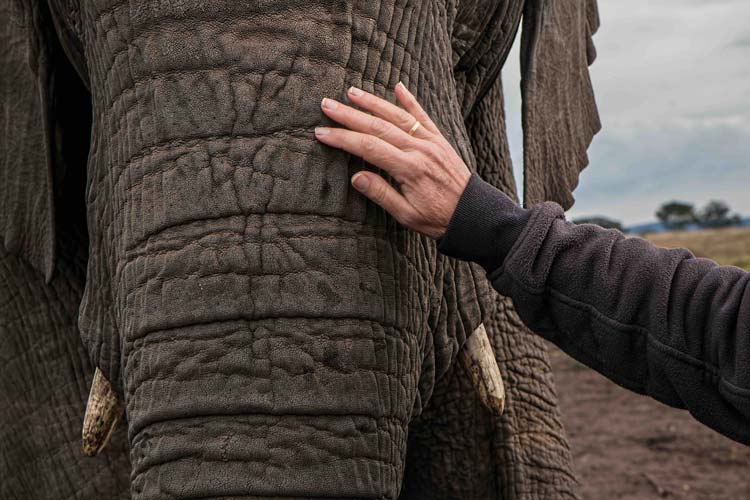The evolution of mammals reveals 2,000 new genes key to longevity in humans
The evolution of mammals reveals 2,000 new genes key to longevity in humans
An international research team led by the Institute of Evolutionary Biology (IBE) has identified more than 2,000 genes linked to human longevity from an evolutionary perspective. Until now the relationship of these genes with longevity was not known.
The comparative genomic study, the largest to date, includes genetic and phenotypic information of 57 species of mammals and identifies the greater stability of proteins as a common feature in the longest-living species.
Published in Molecular Biology and Evolution, the research opens the door to developing new therapeutic targets to treat diseases associated with ageing in humans based on knowledge of evolutionary biology.

What determines the life expectancy of each species? This is a fundamental and highly complex question that has intrigued the field of research throughout history. From the evolutionary point of view, the major cause of these differences between species lies in their ecological adaptations. For example, life expectancy is longer in species adapted to living in trees, underground, or with large body mass, since all these adaptations reduce mortality by predation.
